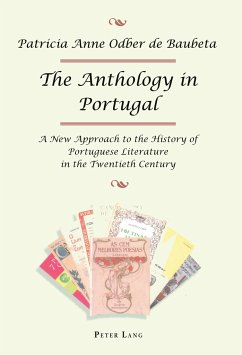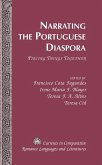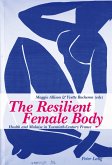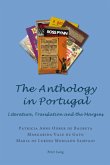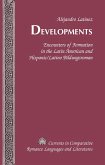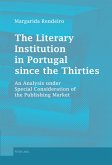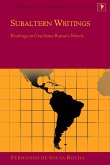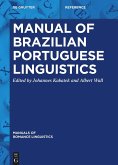This book breaks new ground in considering the nature and function of anthologies of poetry and short stories in twentieth-century Portugal. It tackles the main theoretical issues, identifies a significant body of critical writing on the relationship between anthologies, literary history and the canon, and proposes an approach that might be designated Descriptive Anthology Studies. The author aims to achieve a full understanding of the role of anthologies in the literary polysystem. Moreover, this study considers anthologies published in Portugal in the early years of the twentieth-century, the influential figures who made them, the works they selected, and who read them. It also focuses on the principal publishing houses of the 1940s and 50s, and how their literary directors shaped public taste and promoted intercultural transfer. The author reveals tensions between conservative, nostalgic anthologies that promote an idyllic vision of rural Portugal, and collections of poems that question and challenge the status quo, whether in respect of the colonial wars or repressed female sexuality. The last part of the book explores anthology production in the period following the Revolution of 1974, observing the co-existence of traditional anthologising activity with new trends and innovations, and noting the role of women, both as anthologists and anthology items.
Bitte wählen Sie Ihr Anliegen aus.
Rechnungen
Retourenschein anfordern
Bestellstatus
Storno

